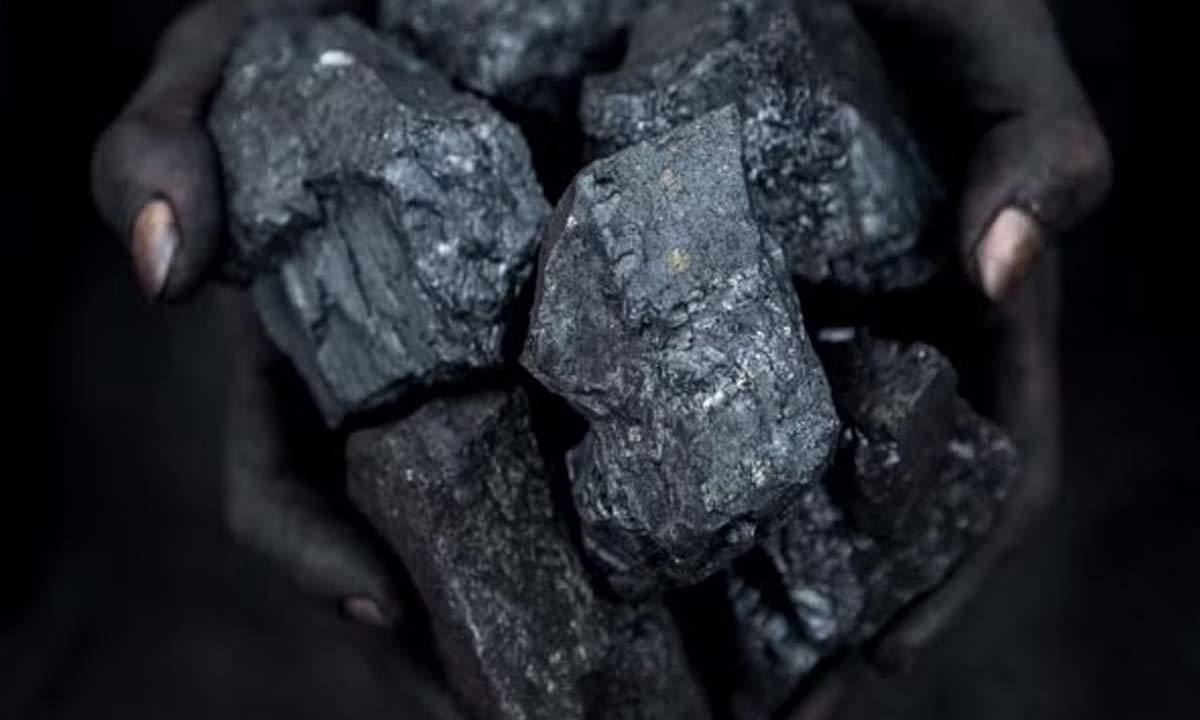Power engineers’ organization demands investigation into shortage of coal in thermal plants, imports

New Delhi: The All India Power Engineers Federation (AIPEF) on Tuesday demanded an independent inquiry into the shortage of coal as well as import of dry fuel at various thermal power plants in the country.
According to an AIPEF statement, the engineers’ body also said the central government should bear the additional cost of coal import by power generation utilities.
It said some entities are benefiting from rising coal imports and demand from many power producers has led to an increase in the price of dry fuel in the international market.
AIPEF President Shailendra Dubey said the context of the investigation should include who are the main beneficiaries of coal imports.
According to AIPEF, coal imports have increased after the government made it mandatory for imported coal based plants to run at full capacity and directed domestic coal based plants to increase the mix of imported coal from 4 per cent to 6 per cent.
In March this year, the government issued a directive under Section 11 of the Electricity Act to mandate imported coal-fired (ISB) power plants to operate at full capacity amid surge in power demand and inadequate domestic coal supply. where did it go. Initially the validity of the order was from March 16 to June 15, 2023. Later it was extended till June 2024.
The AIPEF statement said coal imports should be independently investigated and burning of imported coal without scientific blending with domestic coal should be banned to avoid damage to boilers and power generation equipment.
The statement said that if fuel import is made mandatory for Gencos (generation companies), the Government of India should bear the additional cost so that the burden does not fall on the Discoms (distribution companies) and consumers.
Moreover, power stations were required to install a system for sulfur removal as imported coal has high sulfur content unlike Indian coal, it was reported.
It said there is every reason to believe that the coal crisis was in fact created to enable coal imports, rather than resorting to coal imports due to the compulsions of the coal crisis.
If coal import is necessary, independent import by multiple state governments from the same vendor will reduce the bargaining power of buyers and increase the cost of coal, it said, adding that procurement of imported coal should be centralized.
AIPEF further suggested that the Central Government through Coal India Limited (CIL) should ensure that the imported coal is properly blended and supplied to various plants as per their requirement.
It states that as improper mixing is detrimental to the health and longevity of boilers, the price of mixed coal should be on the same principles and basis as the price of Indian coal.
The Government of India used its extraordinary powers under the Electricity Act, 2003 and made the purchase and use of imported coal mandatory. It has been said that this is a complete violation of constitutional provisions.
The result will be that state utilities which are already incurring losses will be declared suitable for privatization or monetization of their assets.
















